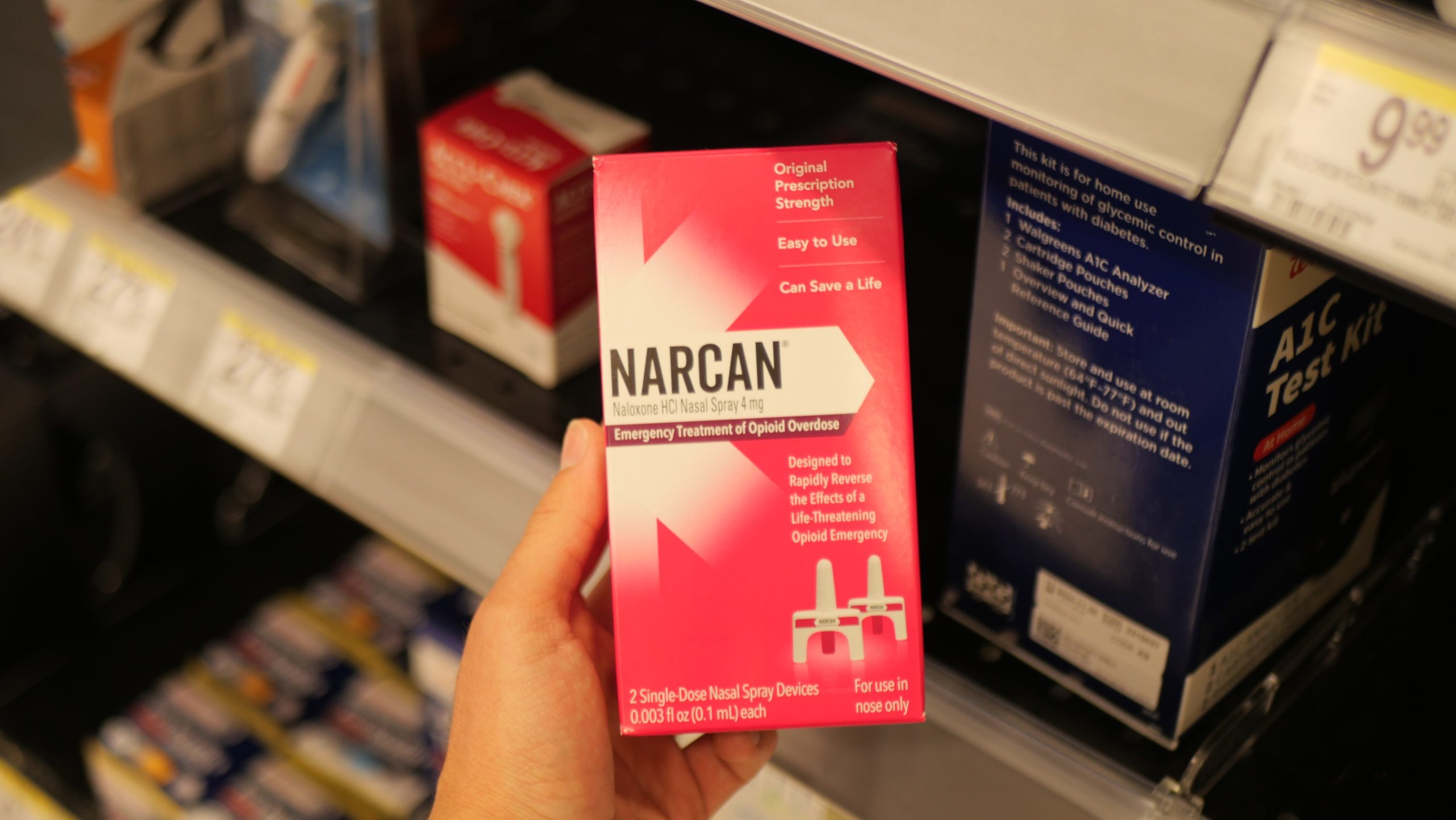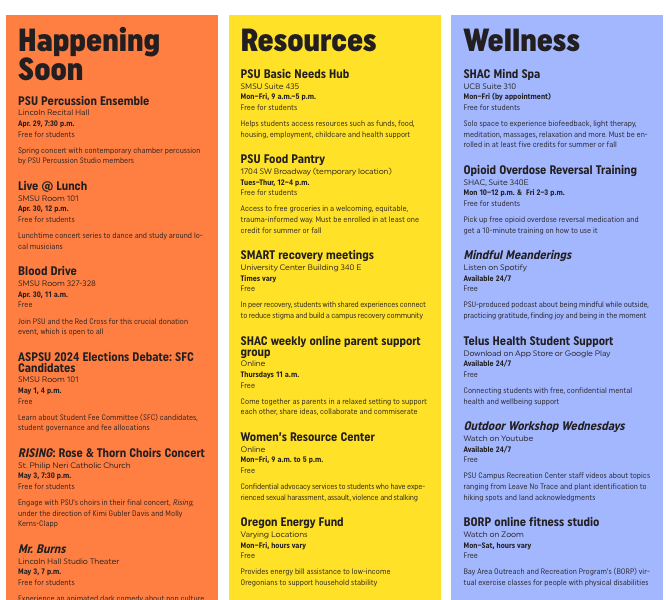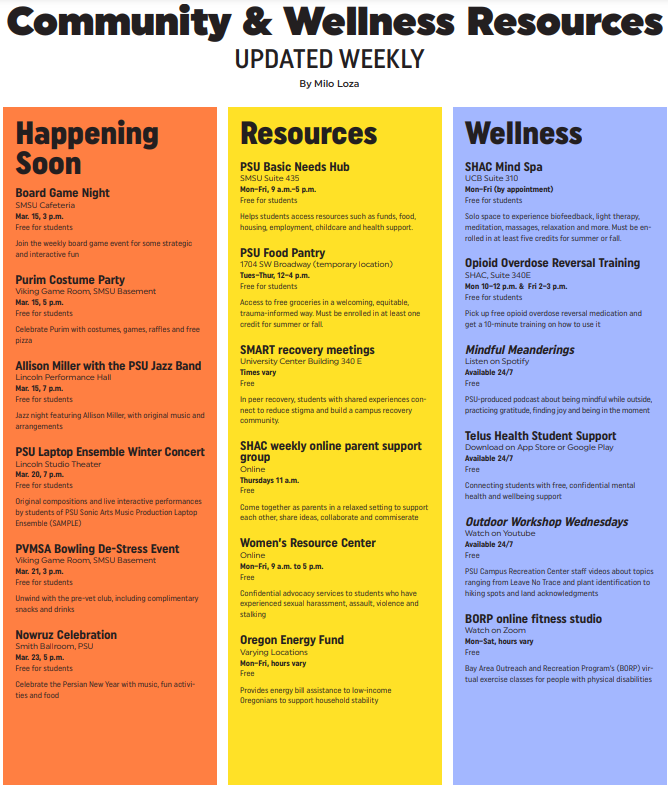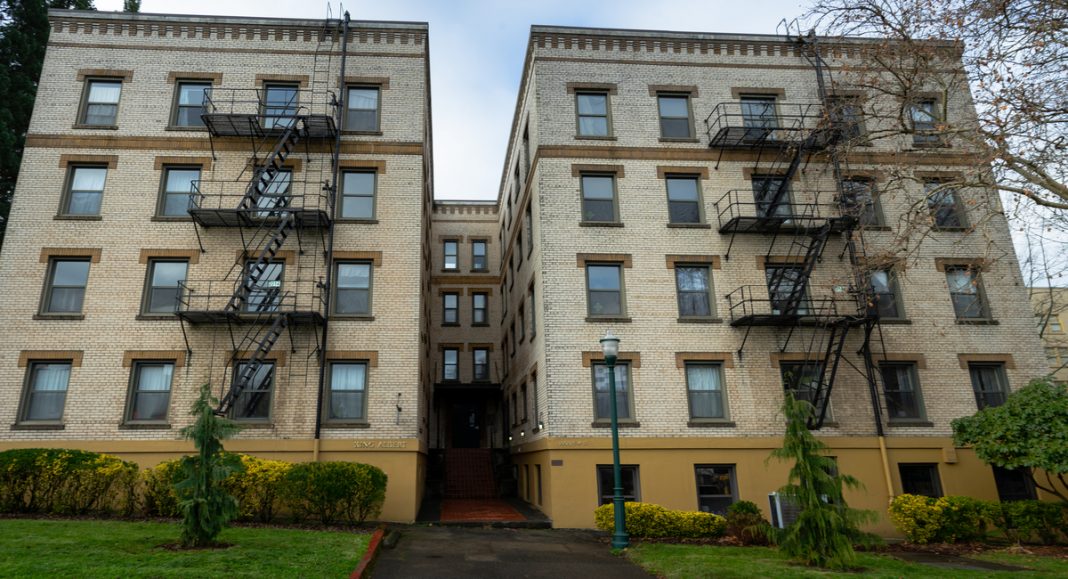Drug decriminalization finished its short-lived term in Oregon after Governor Tina Kotek signed two bills on Apr. 1. The first reclassifies minor drug possession as a misdemeanor crime while the second bill will provide $211 million for county projects and community mental health programs with drug addiction services.
Kotek’s approval of the two bills, House Bill 4002 and Senate Bill 5204, came after a four-year debate on the efficacies of Measure 110—the 2020 bill that decriminalized drug possession and designated around $300 million for drug treatment services. The two bills are set to go into effect on Sept. 1, according to a letter Kotek sent to Rob Wagner and Julie Fahey, President of the Senate and Speaker of the House respectively.
Kaet Haefeli is a student at Portland State and a peer harm reduction specialist with the Wellness & Health Action Team (WHAT) at the Center for Student Health & Counseling (SHAC). She’s worked in the addiction field since 2017 and highlighted the need for more infrastructural support.
“The biggest issue that I’ve seen is that we don’t have enough resources to go around,” Haefeli stated. “There’s not enough treatment beds. It’s harder for people to access services because there can be high barriers to those services. I love the idea of [Measure] 110. It looked good on paper, but in practice, we just don’t have enough resources in order to make it effective.”
Issues on the criminal justice side of things arose in a year-one report by PSU, where researchers noted several themes in the response of law-enforcement officers to Measure 110. Officers indicated that decriminalization had resulted in the loss of probable cause to search, leading to what they described as a less proactive approach to drug use response and a more reactive one.
The report also noted that officers were largely hesitant to or not at all handing out Measure 110 citations, as they felt there would be a lack of consequences either way.
With the change, police officers will be able to provide people with the option of participating in substance-treatment instead of going to jail.
Dr. Kelsey Henderson—an associate professor in the Department of Criminology and Criminal Justice at PSU—is one of the researchers who contributed to a study on Measure 110. Henderson hesitated to opine on the Measure 110 repeal, citing a need for further data to support it.
“We see that [Measure] 110 had an association with an uptick in property crime rates,” Henderson stated. “However, as the data matriculates and we add 2023 data, we see that that rate has really stabilized in the state, and it’s not so far off from other states that did not decriminalize.”
The need for more funding for support services, Henderson said, is nonetheless self-evident.
“There is a huge proportion of the population in Oregon that are in need of treatment services,” Henderson stated. “We know that we’re not doing enough or that we’re not reaching enough of the population. We’re also always ranked high up in terms of addiction rates to different substances.”
Included in House Bill 5204 is just over $1.3 million for PSU to help fund behavioral health education programs and provide mental health services for the community. The PSU funding is the largest of five donations to Oregon University’s behavioral health programs, which include Eastern Oregon University, Western Oregon University, Southern Oregon University and the Oregon Institute of Technology.
Sarah Williams—Associate Director of Clinical Services at SHAC—noted that a concern for re-criminalizing drug possession is the negative association this can place on people.
“I think there’s a greater sense of shame that gets created around criminality,” Williams stated. “There’s a stigma that gets attached to that, which makes it harder to access support and care.”
Haefeli continues to assist in programming with WHAT here on campus with the goal of supporting folks dealing with addiction in any way they need.
“Harm reduction is really all about social justice and equity and making sure that people feel that they are loved and cared for regardless of what their lifestyle choices are,” Haefeli stated. “If somebody wants to continue to use substances, I think they still deserve compassion and care.”






